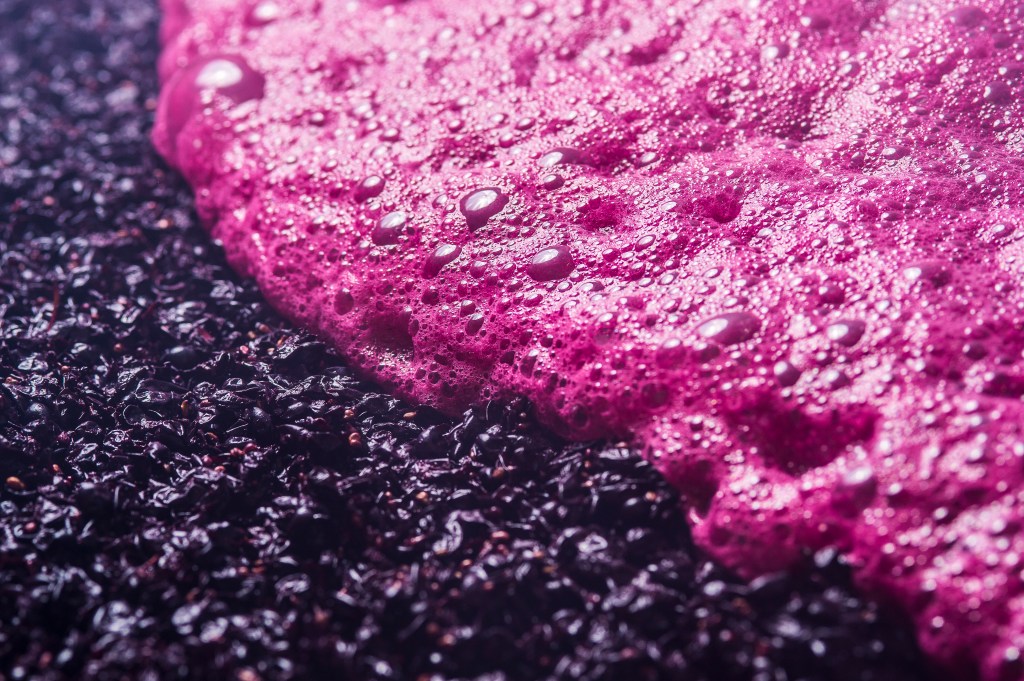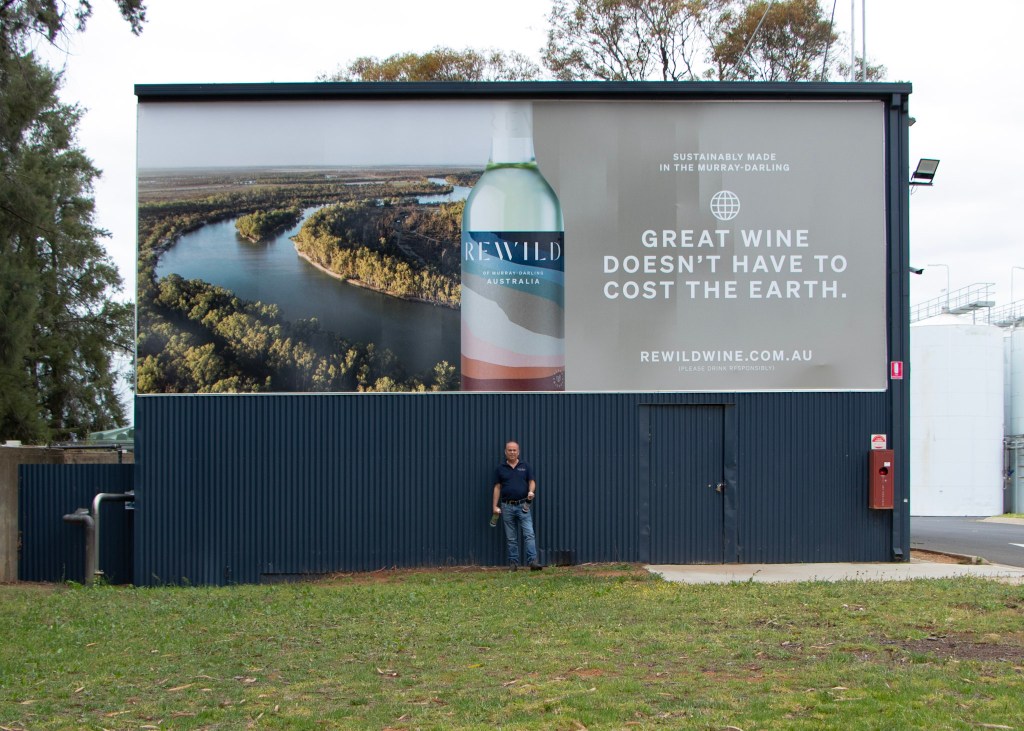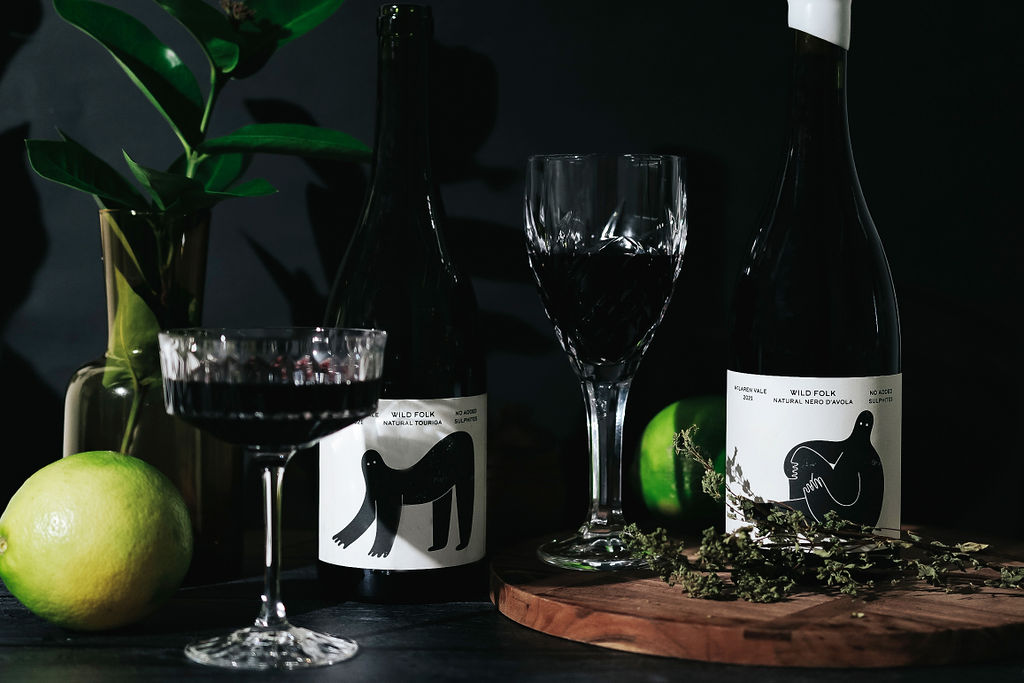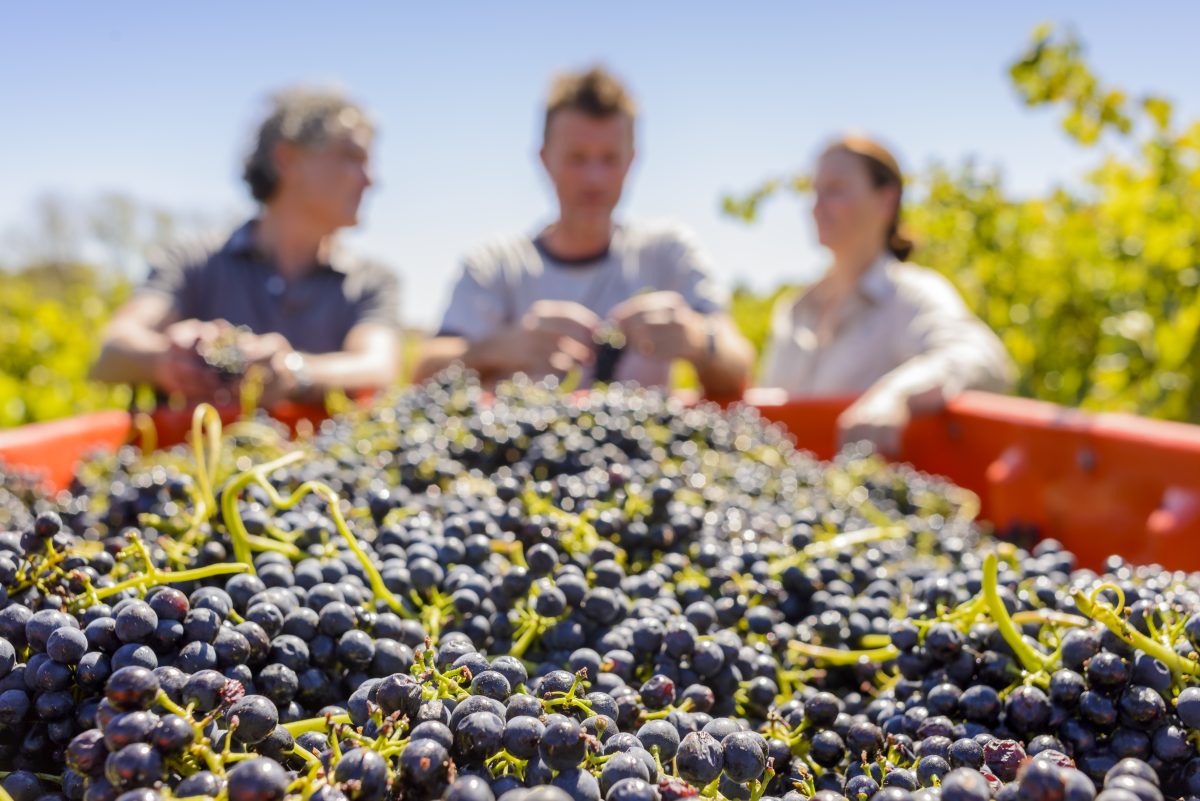There can be little doubt now, that veganism is here to stay, and will continue to increase in influence in the coming years.
In 2019, industry analysis company MarketWatch predicted that the global plant-based industry would be worth US$24.3bn by 2026. Vegan Australia, an organisation that campaigns nationally for veganism, estimates that about two per cent of the Australian population are vegan, or around 500,000 people.
While not insignificant, this number is unlikely to be one that sets Australian winemakers’ and retailers’ pulses raising with the thought of a lucrative untapped market. Yet, as National Liquor News heard through conversations with producers operating in this space, there is more to vegan wine than the vegan market itself.
The ‘better-for-you’ buck
The hidden depth of the category has been highlighted by Michael Fragos, Chief Winemaker at Chapel Hill.
“We have noticed an increased demand for vegan friendly wines over the past three to five years,” Fragos said.
Fragos believes that vegan wines – or those wines produced with less additives – naturally play in the emerging ‘better-for-you’ category.
“What is quite interesting is that the demand is not just being driven by vegans but also by other health-conscious consumers who appreciate that these wines are made with less additives,” he said.
This point is echoed by Ross Marshall, Managing Director of Fourth Wave Wines, which produces the Wild Folk range of vegan-friendly, no-intervention wines.
“Everybody is buying vegan wines just maybe some more consciously than others,” Marshall says.
“Many of our favourite well-known brands are vegan -friendly these days so whether you know it or not, there is a fair chance you’ve purchased vegan friendly. There is certainly a rise in meat-free or animal-safe in general and wine can achieve it without reducing quality in the resultant wine.
“In terms of our own sales results, the performance of vegan friendly wines is certainly increasing. Vegan is becoming increasingly important as more consumers make conscious product and brand choices.”

Fact-finding fining facts
The major step that requires alteration when producing vegan wines comes in the pre-bottling, fining stage. With conventional wines, fining is the step where unwanted material is removed through wine, helping to clarify it, and reduce the potential for discolouration or bitterness in the final product.
Tony Allen, Senior Winemaker at Duxton Vineyards, one of Australia’s largest vineyard holders, explains the changes that his company makes when producing vegan wines, and how these compare to more standard expressions.
“Three or four years ago, we used several animal-based proteins to fine out phenolics in our wines. These included skim milk, casein, egg white, beef gelatine and isinglass [a substance produced from the swim bladders of fish],” Allen explains.
“We decided to move away from animal-based finings for a couple of reasons. Firstly, we thought about what vegan consumers might want. Secondly, we wanted to cater for those who experience an allergic reaction to milk, eggs or fish products.
“As a result, Duxton Vineyards no longer purchase any animal-based products to add to our wines, and we don’t believe the quality of the wine has decreased with the use of plant-based proteins.
“In terms of operations, changing from animal-based fining agents to plant-based has increased costs because we generally need more plant-based proteins to have the same impact on the juice/wine. The plant-based fining agents are also generally more expensive to use. We believe this expense is justified by keeping our customers happy,” Allen adds.
“Although Duxton Vineyard is one of Australia’s largest grape producers, the company prides itself on being nimble, agile and personable, helping customers meet new opportunities and supply current consumer favourites.”
In the case of Wild Folk and Chapel Hill, the winemakers sidestep this issue quite succinctly – by using no fining whatsoever. This approach is not without its challenges though, as Marshall outlines.
“Wild Folk wines are made without the use of any finings. We manage this by taking extra care in the vineyard, picking at the optimum time and careful decisions in the winery particularly pertaining to cap management and press cuts, avoiding over extraction of phenolics,” Marshall said.
Similarly at Chapel Hill, the lack of fining requires delicacy on the part of the winemaker.
“Gentle winemaking is always preferred, additions are also minimised throughout the entire winemaking process. The winemaking is never rushed, and the red wines are allowed to clarify naturally over time without the use of fining and filtration,” Fragos says.
“Gentle handling during and after fermentation and patient maturation removes the need to fine the wines.”
And while Fragos acknowledges that alternative fining materials now exist, he still believes the downsides are too great.
“Plant-based fining agents are now available but as with the animal derived fining agents, these additives strip out some of the personality and soul of the wine,” he said.

Retailing vegan wines
The producers National Liquor News contacted also had advice on how to retail vegan wines, and why the category should be on the radar for retailers.
“I’m sure most retailers would agree there is a need to cater adequately to the existing broader consumer base as a priority,” Marshall states.
“But to ensure we maintain relevance to the emerging consumer and their choices it is important to range appropriately for them. There are vegan shoppers and to many of them it is the most important part of their shopping decision.”
Marshall recommends a plant-based update to the tried and tested sales technique of offering food and wine pairings.
“Finding interesting and contemporary vegan-friendly food pairings would be a good start,” Marshall says.
In keeping with the general perception that non-vegans are also purchasing significant numbers of vegan wines, Fragos believes it’s important to retail these wines alongside their non-vegan counterparts.
“I think it is more positive for the category to have the wines displayed in the normal sections of the stores rather than a separate section so as not to alienate the interested customers,” Fragos suggests.
For Allen, it’s important that retailers can communicate the legitimacy of the products’ vegan status.
“If the label states ‘vegan friendly’, then retailers and consumers can feel confident this is the case. We are required to have full traceability with every addition made to our wines from a food safety point of view. If an allergen is in the additional profile of a wine, we must include this on the label,” Allen explains.

Making a mark
Allen highlights an area where Fragos believes there is room for improvement – in the packaging and presentation of vegan wines.
“As an industry we need to collaborate to develop a recognised trust mark, as there are so many different vegan symbols on back labels now,” Fragos argues.
“This is incredibly confusing for consumers and can also breed mistrust. Once we have a recognised trust mark then these can be displayed on shelves to make it easier for customers to identify vegan friendly wines, this is the ideal scenario.”
And finally, Marshall concludes by reminding retailers that the basics of wine-selling should be applied to the vegan category too.
“Really, clarity at shelf is probably most important for the shopper – have the wines clearly displayed with the attributes visible to enable better choice, and an easier / faster shopping experience.”
Want to learn more about wines operating in a similar space? Read an excerpt of the organic wine feature from September’s National Liquor News here, or read the full article below.

